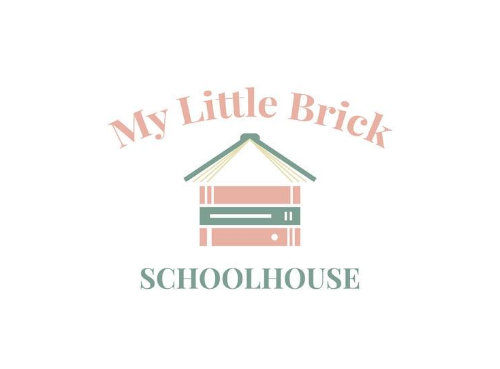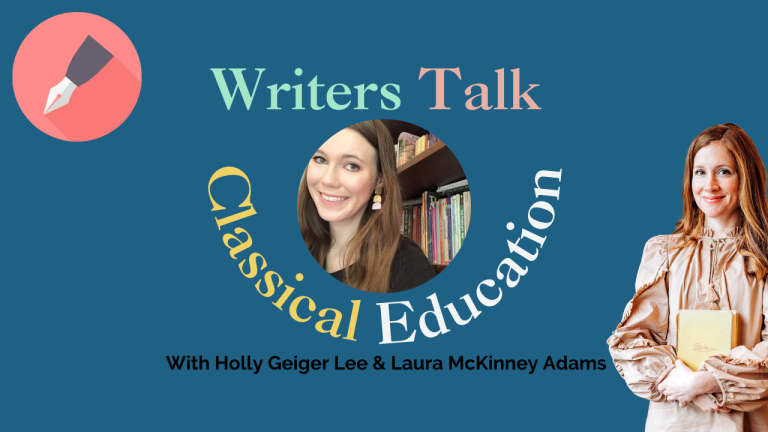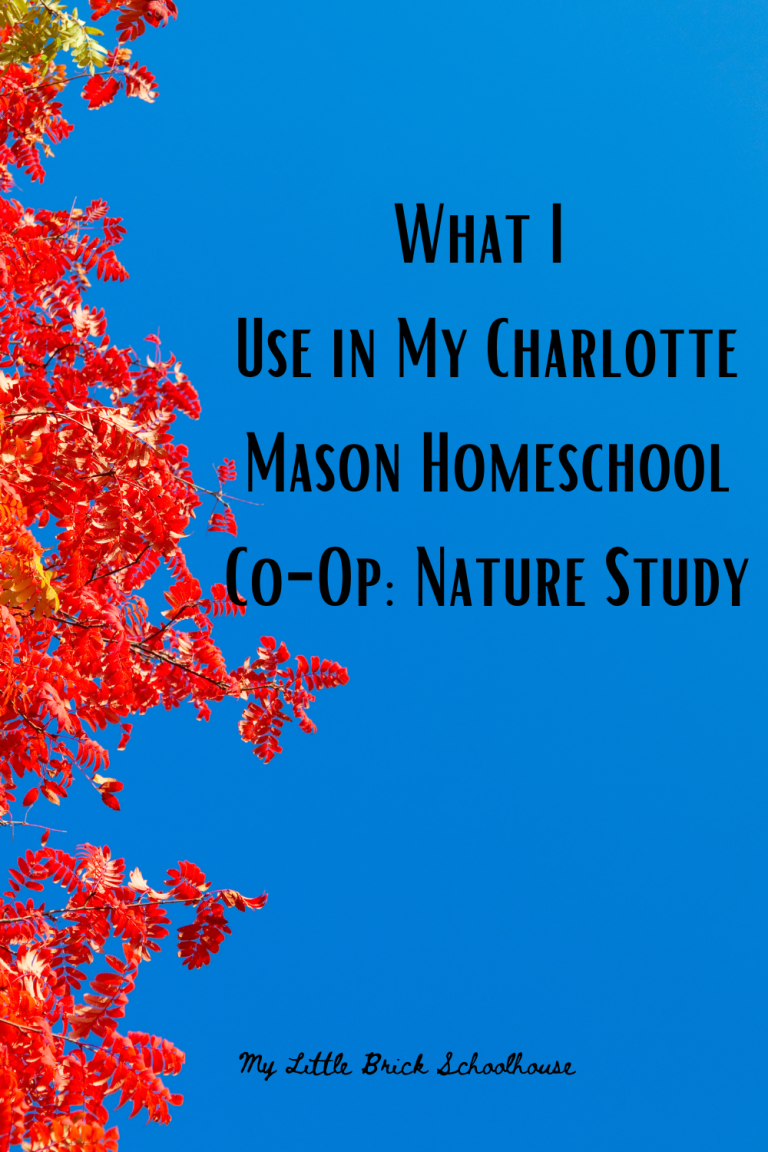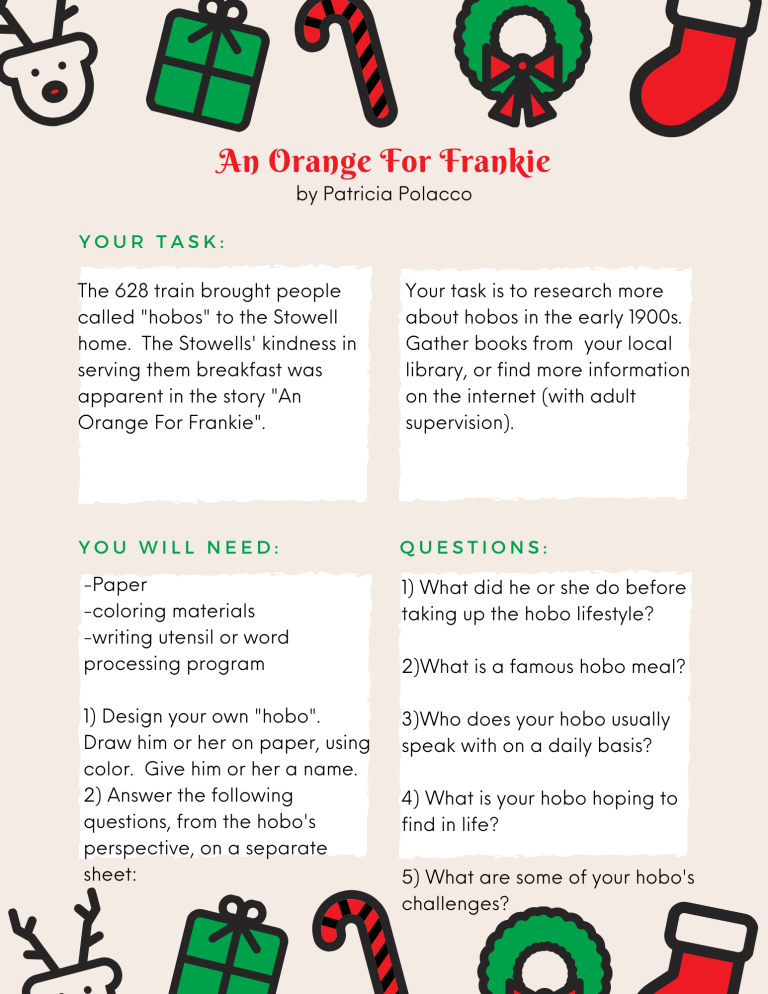What Classical Education Has to Say
All parents homeschool. I’ll explain that later. To jump straight to the video, scroll down to the bottom of this post, or just click this link.
It’s been a while since I’ve introduced myself on the world wide web. I’m Holly, a homeschool mom of three under the age of nine. My husband, kids and I live in a big town/small city in eastern NC. If you haven’t already visited my website, I’d be happy to have you at www.mylittlebrickschoolhouse.com! My Little Brick Schoolhouse was initially a creative outlet for me. It has evolved into (I hope) a service for you.
My mission is four-fold:
- Deliver resources to allow families the chance to read living books together.
- Create content that fosters engaging narration and discussion about living books.
- Connect parents with Classical and Charlotte Mason methods.
- Help parents strategize homeschool solutions.
I started homeschooling back in 2018. Ask me anything, yet I am still roughly new to this. I have so much I’m learning, and today, I’d like to share with you some things I took away from the Classical Conversations Area Practicum I attended this weekend, in addition to some of my own thoughts.
Justin Nale delivered the excellent presentation at practicum.
First of all, before I even talk about the practicum, I want to acknowledge a huge problem we have in society today.
Usborne Books and More cites that interest in reading a book outside of school drops from 100% in kindergarten to 54% in fourth grade. What happened between K and 4th grade? Parents. You guys need to know the reason.
Did you know that reading aloud to your children builds their “want” to read?
A more recent, 2022 survey found that more than half of 2,003 American adults surveyed had not finished a single book in the past year.
So, what happened? Parents stopped reading to their kids. This is a crisis.
What has replaced books in the home? It’s the elephant in the room, guys. Screens. Oh, don’t get me started there. Too much time spent with screen media is associated with: childhood obesity, sleep disturbances, attention span issues… oh and I am sure there are emotional implications, too. Adults are not immune to these effects, either!
Oh, and since we’re talking about time, where does your child spend the most time annually? AT HOME. You have him for 7,800 hours. School: 900 hours. Which teacher is more influential?
That’s why I have created some resources for you to use on my website: booklists, free resources, and unit studies. We all should be reading with our kids. It’s about binding hearts together in the family, not about leaving the kids.
All Parents Homeschool
If you have breath in your lungs and also have offspring, you are a homeschool parent. Since birth, you’ve been teaching your child. Did you teach him to feed himself? How about to put on his clothes? Have you been speaking to your child since she was born? You get the picture. You are your child’s first teacher, and you have a tremendous impact. Each day, we have so many things we are learning together alongside our children, if we are spending time with them. Homeschooling is nothing new!
Now, I’m not advocating homeschool for everyone because you have to do what God is calling you to do for your family. Seasons of life, full-time ministry jobs, and other situations could preclude homeschool from being a good, God-glorifying option for your family.
That said, there is so much to unpack. Where do we begin?
Classical Education is where my family’s journey began.
Well, since our family is a part of a Classical Conversations community, I’m talking from my unique perspective. Classical education can be characterized in various ways, but I’ve heard two distinct lists.
One list goes like this:
1) classical education pursues virtue
2) uses tools to learn in layers (knowledge, understanding, then wisdom)
3) celebrates the integration of knowledge
Another list goes like this:
1)follows the pattern of the trivium
2) is language-focused rather than image-focused
3) is centered around the story of history
Define the terms: TRIVIUM
The trivium is a three-part pattern: the mind must first be supplied with facts and images. This is called the grammar stage.
Next, the mind must be given the logical tools for organizing those facts and images, called the dialectic stage or logic stage.
Finally, the mind must be equipped to express conclusions. This is called the rhetoric stage.
Each stage correlates with an age range.
- Grammar Stage: Kindergarten through fourth grade
- Logic Stage: Fifth grade through eighth grade
- Rhetoric Stage: Ninth grade through twelfth grade
Now that we’ve defined trivium, does it make some sense? You probably have some questions. Do all children in any given stage fit nicely into that box and never utilize thinking skills outside of their prescribed stage? No. When you think about it, we adults go through the entire trivium any time we are learning something new, from start to finish. Take baking cookies, for example. I must learn the correct grammar (terminology) for the ingredients, tools, methods I will be using. Next, I move on to the logic stage when I realize that one of the ingredients, say, baking soda, can be increased to make my cookies more fluffy. I am starting to understand the way the process works. Then, if I decide to tweak a recipe and rewrite it to reflect my preference for chocolate chip cookies, I am in the rhetoric stage.
Okay, now that you know the trivium, those of you who are new to classical education, let me give you three things to take away.
- Education is not the same as training.
I was a lifeguard in high school during the summer. We know that when you apply for a lifeguarding job, they have you watch training videos, complete worksheets, practice saving people in the pool. I even remember swimming to the bottom of the pool to pick up bricks, delivering them safely to the surface! You are training for a job. You are learning specific skills, for a certain future. I was going to lifeguard that summer. I needed to learn x, y, and z.
Now, education, that is different. You educate for an uncertain future. What does your future hold? If you have lived, you know that it will at some point hold suffering. Is training about shaping the soul, and giving kids tools they’ll need across callings? No. It’s specific and very finite. Education is for life. It’s a good distinction to keep in mind.
- Teaching character is paramount to academics.
I have said this before. I ask you, is the most important thing in a childhood academics? Think. You remember what your childhood was like.
How about this? How will you be in old age? Grumpy and discontent, or joyful and full of life? How are these two types of old people so distinct? Habits. Character. When were their character habits developed? Early in life. So think about that and how you will train your children. Character is paramount.
- Lastly, this is my own musing. I am noticing the shift in our culture, aren’t you? I am specifically talking about interconnectedness, globalization and technology. Has social media and AI technology made us better as individuals? How about smarter? First of all, the constant bombardment of images has wreaked havoc on our attention spans. Next, do you realize how various tech companies use people like you and me to perfect their algorithms and tap into the human mind, making us no higher than dehumanized objects? We are their product. We help other companies sell their products because our behavior is being heavily monitored and analyzed constantly. Okay, so what does this have to do with classical education?
Charlotte Mason, have you ever heard of her? She was a British education reformer from the late 19th and early 20th centuries and was heavily influenced by classical thought. Many people who love her methods love classical education. Charlotte Mason defined students as persons. A person has a soul, a will, and possibilities for good and for evil. A person is more than a mind. We do not fall into the ditch of intellectualism. No, we are not just teaching a mind, disconnected from a heart. We are teaching a whole person. We also do not fall into the ditch of emotionalism, where everything is about the heart of a child, and we forget reason. These are two ditches to avoid. We are to teach the whole person. And persons are people of words. Our world deals in words. Not images. As much as Instagram would like you to think image is everything, and look how dumb we are becoming in the process, we must go back to being people of words. We have a language to be used for God’s glory. May we learn to communicate well with our words to bring him honor and to help others.
Classical education points to the study of this world, and how it is all connected to God. Just like we cannot dissect a person into mind versus heart, we cannot separate the unity of truth that is God’s truth. All truth is connected. We are also people of words. Technology can be used for great things for God’s glory, but let us be wary.
May God bless you this year! If you’d like to hear more from me, sign up to join my email community.




